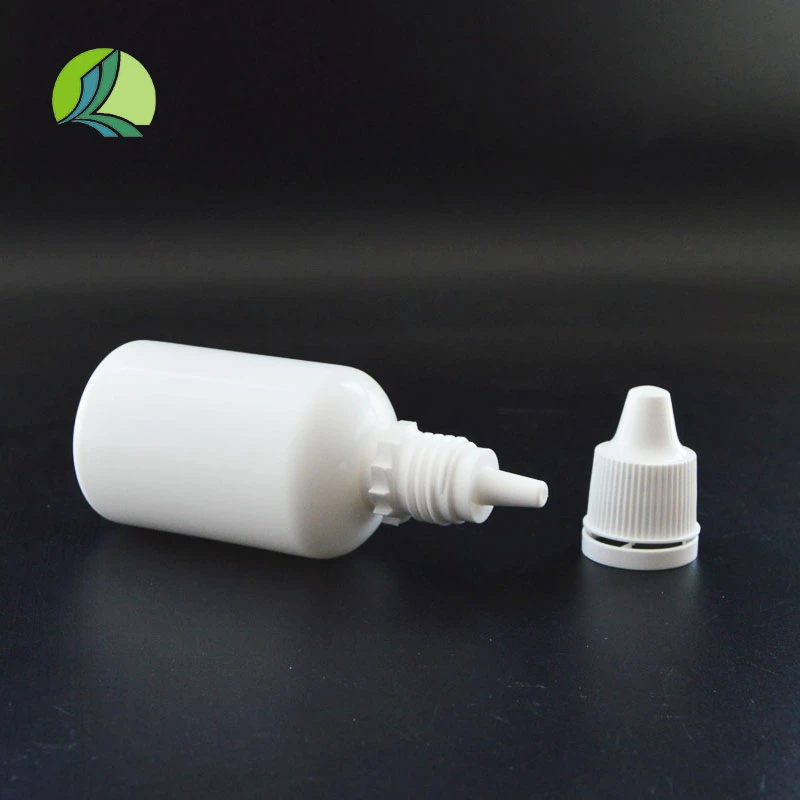reagent bottle types
Understanding Different Types of Reagent Bottles
In a laboratory setting, the choice of containers for storing and handling reagents is crucial for ensuring safety, accuracy, and reliability in experiments. Among the various types of containers available, reagent bottles play a significant role. Reagent bottles are specialized containers designed to store chemicals and other laboratory substances. They come in various materials, shapes, and sizes, each suited for specific applications. In this article, we will explore the different types of reagent bottles, their features, and their appropriate uses.
1. Glass Reagent Bottles
Glass reagent bottles are a staple in many laboratories due to their chemical resistance and durability. They are typically made from borosilicate glass, which can withstand extreme temperatures and is resistant to chemical corrosion. Glass bottles are ideal for storing acids, bases, and organic solvents because they do not react with these substances. Available in various sizes, from small 50 mL bottles to large 2-liter containers, glass reagent bottles often come with a ground-glass stopper or a screw cap, ensuring a tight seal to prevent contamination and evaporation.
Plastic reagent bottles are commonly used in laboratories for storing non-corrosive chemicals and solutions. These bottles are typically made from materials like polyethylene (PE) or polypropylene (PP). They are lightweight, shatterproof, and less expensive than their glass counterparts, making them a popular choice in educational institutions and fieldwork. Plastic bottles are available in various capacities and may come with different types of closures, including flip tops and screw caps. However, it's important to note that not all plastics are suitable for every chemical; thus, compatibility should be checked before use.
3. Amber Reagent Bottles
reagent bottle types

Amber reagent bottles are specifically designed for the storage of light-sensitive materials. The amber glass blocks out harmful UV light, which can degrade certain chemicals and solutions over time. These bottles are commonly used for storing photochemically active substances, such as certain pharmaceuticals and biochemical reagents. Similar to standard glass bottles, amber reagent bottles feature secure closures, ensuring the integrity of the stored contents.
4. Titration Bottles
Titration bottles are specialized reagent containers used primarily in titration experiments. They are usually made of glass and have a narrow neck, which helps in controlling the flow of liquid during the titration process. These bottles often feature a dropper or a dispensing system that allows for precise addition of the titrant to the solution. Their design aids in minimizing spillage and enhancing accuracy in quantitative analysis.
5. Desiccator Jars
Desiccator jars are airtight containers used to store hygroscopic materials that can absorb moisture from the air. These jars are equipped with a tight-fitting lid and may contain a desiccant (like silica gel) to maintain a low humidity level inside. Desiccators are vital for preserving samples that require a dry environment to maintain their stability and prevent degradation.
Conclusion
The selection of the appropriate reagent bottle is essential for the proper handling and storage of chemicals in a laboratory. Whether choosing glass or plastic, amber or clear, each type of reagent bottle serves a specific purpose and provides unique benefits. Understanding these differences helps scientists and laboratory technicians ensure the safety and effectiveness of their experiments. As laboratories continue to evolve, the development of new materials and designs for reagent bottles will likely enhance their usability, further contributing to advancements in scientific research and discovery.
-
Aesthetic Makeup Spray Bottles | Fine Mist Empty RefillableNewsAug.19,2025
-
White Plastic Veterinary Vaccine Vials | Lab Liquid BottlesNewsAug.18,2025
-
Plastic Medicine Liquid Bottle: Secure Flip Top Drug VialsNewsAug.17,2025
-
Durable 250ml Blue Plastic Vaccine Vial for Lab & Vet UseNewsAug.16,2025
-
Sterile Virus Sample Tubes: Secure & Reliable Specimen CollectionNewsAug.15,2025
-
White 250ml Plastic Vaccine Vial for Lab & Vet MedicineNewsAug.14,2025
























